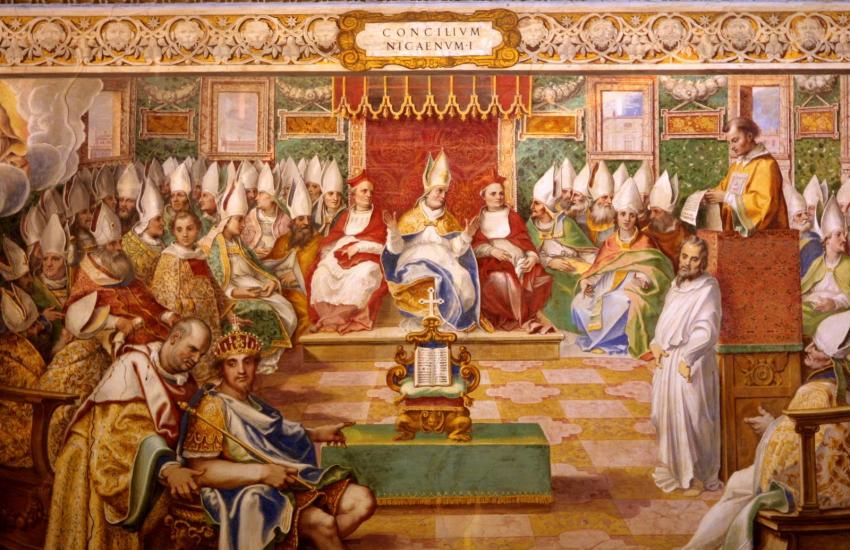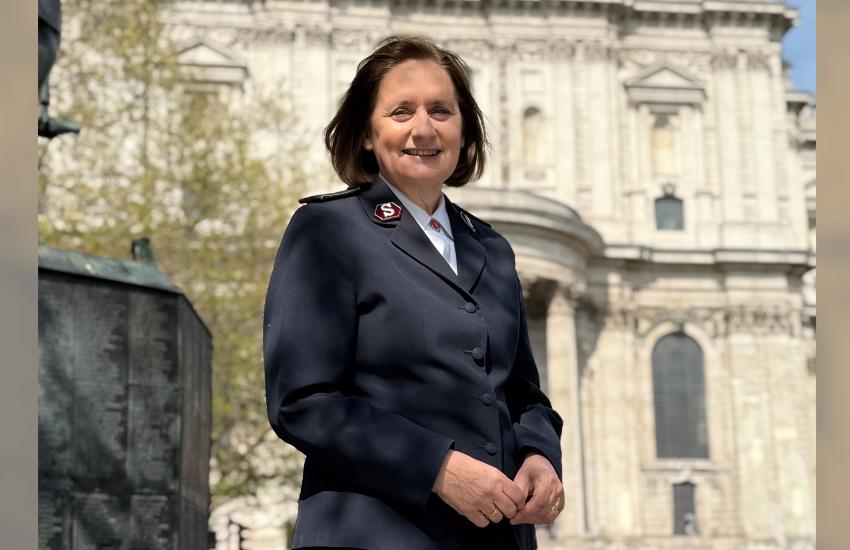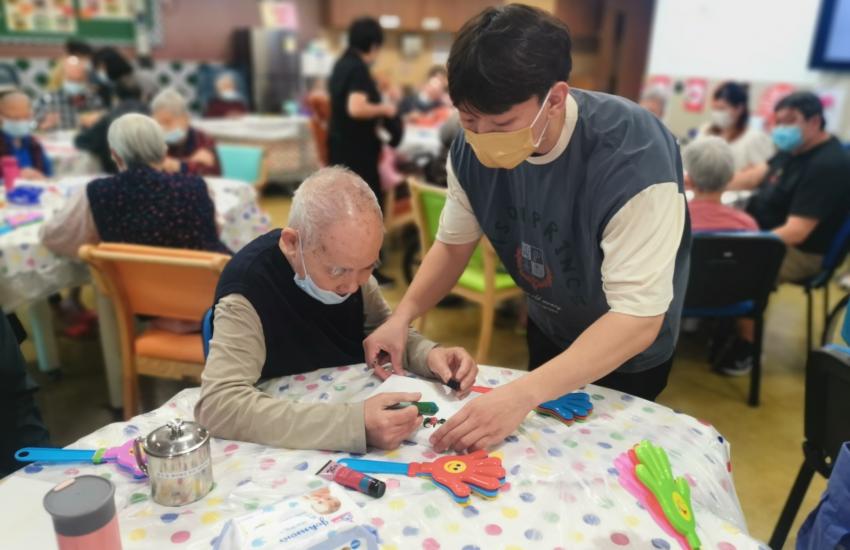Tsunami survivors in India have been provided with housing and new opportunities thanks to the work of The Salvation Army's India Central Territory and financial support from The Salvation Army in the USA, UK and Canada. A community development of 70 new houses was opened and dedicated to God by Territorial Commander Colonel M. C. James.
The new development is called William Booth Nagar. The original suggestion of William Booth Colony was changed because nagar is a name which denotes a greater degree of civilisation – an important impression in the rehabilitation of the families who now live there. The 70 families are members of a tribal community that earned its living through catching canal fish and lived in slum conditions.
The land for the development was provided by the government. It was unreachable by road and so one of the first tasks was to build an approach road through the jungle. An arch marks the beginning of the new road, giving a clear indication of the help The Salvation Army has provided. In the nagar itself, a borehole was dug 500 feet down to enable good drinking water to be provided.
The original idea to have the houses built by a contractor was changed when it was realised that the local people had no work to do. They were encouraged to help in the construction of their own homes and, within a short time, they became fully involved in the programme. The skills they learned could prove invaluable as new methods of earning a living, particularly as more house-building schemes are arranged. The scheme also promoted the importance of the environment to the beneficiaries and they were charged to care for plants which were placed along the road.
The houses themselves comprise a kitchen, living room and verandah. There is a separate toilet/bathroom and each house is connected to the electricity supply.
More than 2,000 people from local villages attended the dedication ceremony, which was held in the presence of local leaders and Mr Kanna Lakshmi Narayana, the Honourable Minister for Cooperatives and Transport. The minister and other dignitaries spoke warmly about the efficient way The Salvation Army had carried out the project.
Brian Burditt (Canada) represented the donors and Major Howard Sercombe represented the South Asia Zonal Coordination Office. They presented the keys to the new householders but admitted there was still much to do to turn the completed houses into homes.
Mr Naga Raju, responding on behalf of all the beneficiaries, said The Salvation Army had changed their whole lifestyle. He admitted that they had never dreamt of having such houses but The Salvation Army had made it possible.
The housing development is part of a larger US$3.75 million dollar project which will benefit more than 2,700 families. The project aims to build a total of 500 houses in 7 different communities – government approval has already been given for 285 – including another 45 houses at William Booth Nagar. As well as house building the project encompasses other community interventions such as the replacement of lost fishing boats, engines and nets, skills training and the establishment and support of more than 180 women's self-help groups



